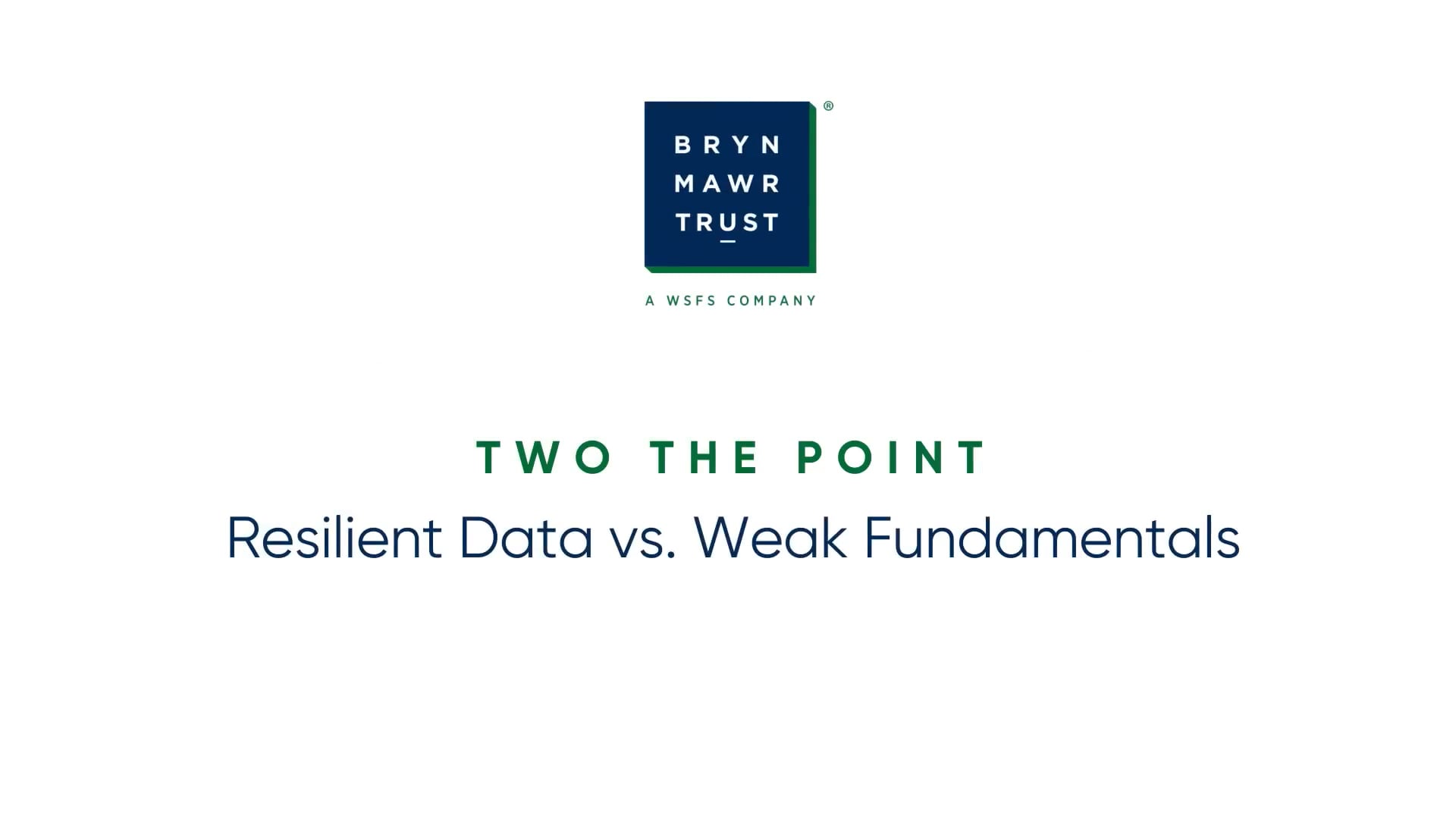5 Actions to Take Ahead of 2025 Tax Law Sunset

The Tax Cuts and Jobs Act of 2017 (“TCJA”) brought numerous changes to the tax code including reduced individual income tax rates, significant increases to the standard deduction, and doubling of the estate tax exemption. The legislation also has a sunset provision, meaning many of the changes are set to expire at the end of 2025.
While Congress may extend the changes, it’s a great idea to get ahead of the potential changes and do additional planning now before the law expires. The IRS issued guidance that any planning done under the current law will be honored.
Here are five things you can do now to minimize the impact of the law sunsetting.
Maximize Qualified Business Income
A substantial change to the taxes associated with business income was included in the TCJA, providing a tax deduction of up to 20% of business income for pass-through entities. Taxpayers with income between $191,950 (individual) and $383,900 (jointly) in 2024 qualify for a full 20% deduction, which phases out as they reach $241,950 and 483,900, respectively. Maximizing this deduction over the next couple of years may significantly help those who qualify before the law sunsets.
Review Personal Income Taxes
Individual income tax rates were also reduced for most taxpayers. High earners or those nearing retirement and in their peak earning years reaching the top income tax bracket would see the biggest impact. In 2024, single filers with income greater than $609,350 and married filing jointly taxpayers with taxable income of $731,200 or more will reach the top tax bracket of 37% and would likely see the rate jump to 39.6% with a threshold reduced to approximately $600,000.
Accelerating income, electing to take deferred compensation, or making Roth conversions now before the rates increase could help reduce the tax bill considerably. While delaying income taxes is a generally tried and true strategy for effective tax planning, pending changes could mean realizing taxes sooner rather than later is a better strategy for the near term.
Planning for Estate Taxes
The estate tax exemption levels for 2024 are $13.61 million per person and $27.22 million per married couple. This is a result of the inflation-adjusted $5 million estate tax exemption enacted under the Obama administration being doubled under the TCJA to $10 million plus inflation. The expiration of the TCJA would see the individual exemption cut in half to ~$7 million per person come 2026. This would impact quite a few people who have not worried about estate taxes in recent years but would exceed that threshold, especially once real estate assets and portfolio growth are factored in.
With estate taxes reaching a top tax rate of 40% on assets exceeding the exemption amount by $1 million, this is a key area for planning considerations. Individuals or couples that have not yet used up their exemption amount could use transfers to trusts under the current rules to reap long-term benefits. Striking a balance between what is needed for retirement and left to beneficiaries can help avoid these high tax rates by freezing the value of assets at current levels and shifting appreciation to beneficiaries. A determination needs to be made now as to which of the many trust structures may be best based on an individual’s situation.
Check Your Lifetime Gifting
Lifetime gifting can also help reduce the size of a taxable estate. Individuals can use the 2024 annual exclusion of $18,000 to gift money to beneficiaries to reduce the value of their estate. While $18,000 may not seem like a lot when it comes to estate planning, the power of annual gifts is quite strong over time.
If, for example, a married couple with three children decides to incorporate annual gifts into their financial plan they can gift $36,000 to each of their children, and if their children are married, they can make the same gifts to their children’s spouses. That means gifts totaling $216,000 can be made without any impact on their lifetime estate and gift tax exemption. Even without considering any rise in the annual exclusion gift limit, the married couple could transfer more than $2 million to their kids over ten years, while preserving their entire exemption.
Gifts can be made outright or into a trust or even to 529s for qualified education purposes. If gifts are made to 529 accounts, a special rule allows for a front-loaded gift equal to five years of annual gifts. That means up to $90,000 for an individual ($180,000 by a couple) can be contributed to a 529 to jump-start the tax-free growth these accounts provide.
Act Now on Charitable Giving
Many people who have accumulated significant assets are charitably inclined and like to support the causes they believe in. Gifts to public charities are deductible for income tax purposes and under the TCJA the annual deduction limit increased to 60% of adjusted gross income. This limit will also be reduced to 50% at the expiration of the law come 2026 so for those considering a significant cash donation to charity, acting now under the current rules will result in a large tax deduction.
Whatever your goals may be, planning now for the TCJA’s sunset could prove very beneficial. Any exemptions not used by the end of 2025 will expire if Congress does not make changes. While many may be reluctant to take such planning action now because it would put a dent in their growing net worth, the cost of not acting may be far greater when it comes to the wealth that can be left to succeeding generations.
This communication is provided by Bryn Mawr Capital Management (“BMCM” or “Firm”) for informational purposes only. Investing involves the risk of loss and investors should be prepared to bear potential losses. Past performance may not be indicative of future results and may have been impacted by events and economic conditions that will not prevail in the future. No portion of this commentary is to be construed as a solicitation to buy or sell a security or the provision of personalized investment, tax or legal advice. Certain information contained in this report is derived from sources that BMCM believes to be reliable; however, the Firm does not guarantee the accuracy or timeliness of such information and assumes no liability for any resulting damages.
Bryn Mawr Capital Management, LLC. is an SEC registered investment adviser and a subsidiary of WSFS Financial Corporation. Registration as an investment adviser does not imply a certain level of skill or training.
INVESTMENTS: NOT A DEPOSIT. NOT FDIC – INSURED. NOT INSURED BY ANY FEDERAL GOVERNMENT AGENCY. NOT GUARANTEED BY THE BANK. MAY GO DOWN IN VALUE



